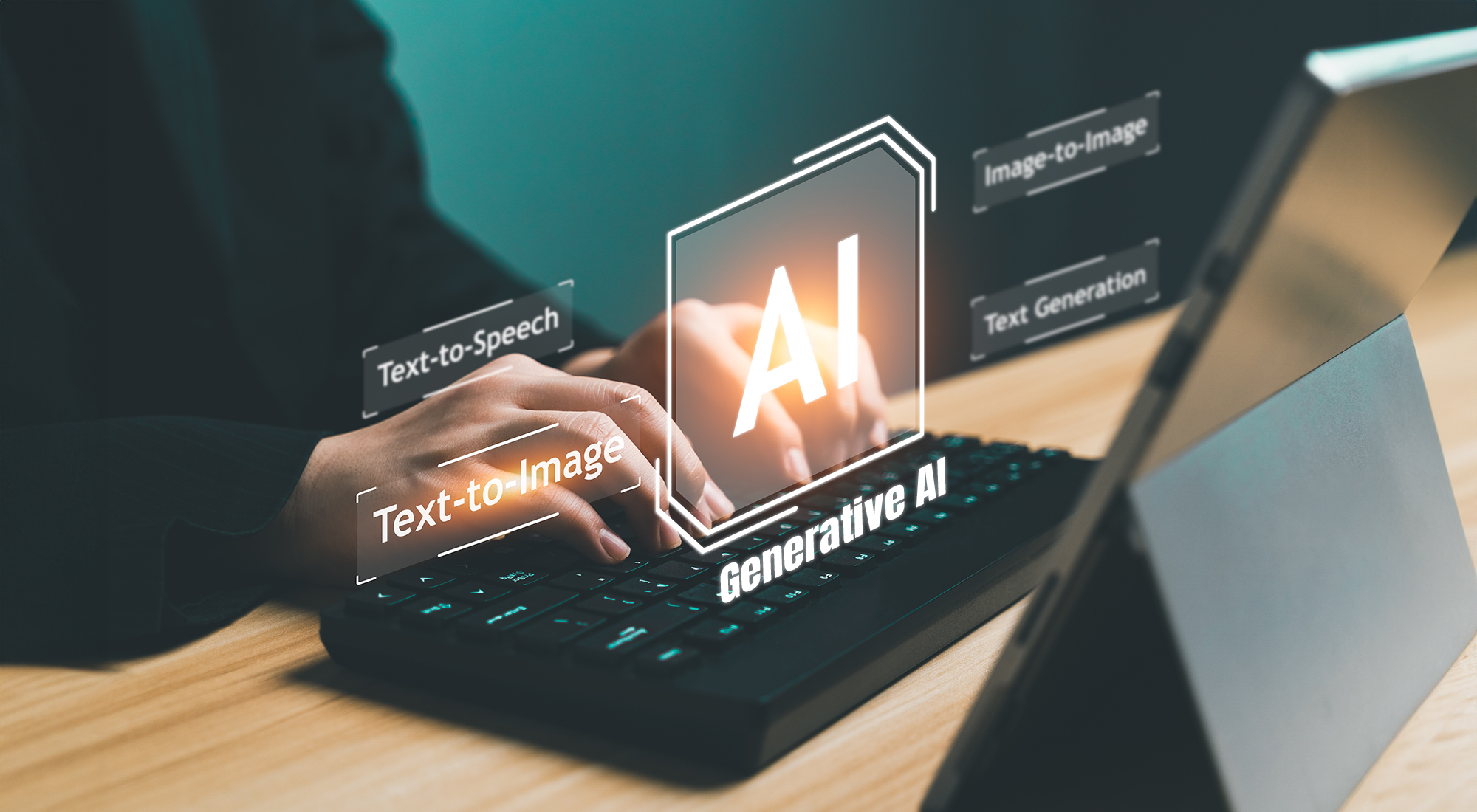TRENDS Research and Advisory has released a new research study titled “The Rise of Generative AI,” highlighting the immense potential of this innovative technology to revolutionize various fields of creativity and multimedia content.
Prepared by Alyazia Al-Hosani, Head of the Media Communications Department at TRENDS, and Saad Abdul Wajid, Senior Marketing Specialist at TRENDS, the study provides a comprehensive overview of the concept of generative AI. It discusses its diverse text, audio, image, and video applications.
The study indicates that generative AI can create new textual content like news articles, marketing posts, and poems. It can compose music, design sound effects, generate voice-overs in different languages and tones, and produce high-resolution images indistinguishable from real photographs.
Additionally, it can design paintings and illustrations and create short video clips based on textual descriptions or existing video footage. Furthermore, it can generate traditional 2D animations and complex 3D animations.
The study emphasizes that generative AI is revolutionizing various sectors, including healthcare, by enhancing drug discovery, analyzing medical data, generating medical reports, and assisting in drug development.
The study notes that AI has improved students’ learning experiences by customizing educational and training programs and adjusting difficulty levels based on each student’s needs.
It also states that generative AI can enable real estate professionals to predict property values, customize buyer searches, optimize rental pricing, develop games, design fashion, and create tailored and engaging marketing content for specific audiences.
Generative AI can also improve autonomous vehicles’ safety and driving capabilities by analyzing sensor data and making real-time decisions. It plays a significant role in financial services by analyzing market data, creating investment forecasts, and helping to detect fraud.
The study acknowledges that despite its vast potential, generative AI faces challenges such as bias, lack of transparency, and dependence on data. It stresses the importance of responsible development of generative AI to ensure its ethical and practical use.
The study offers recommendations for achieving responsible development of generative AI, including using diverse and comprehensive datasets, implementing strict measures to ensure transparency and accountability, and setting clear ethical standards for the development and use of generative AI.



